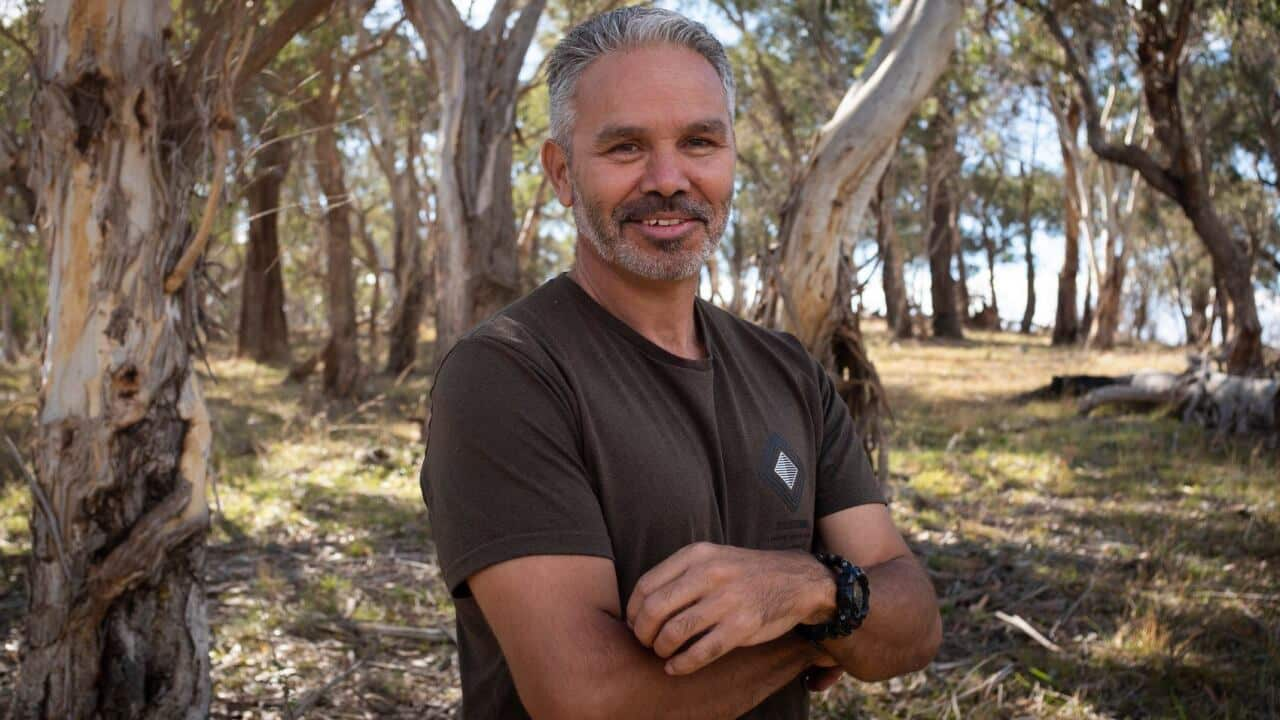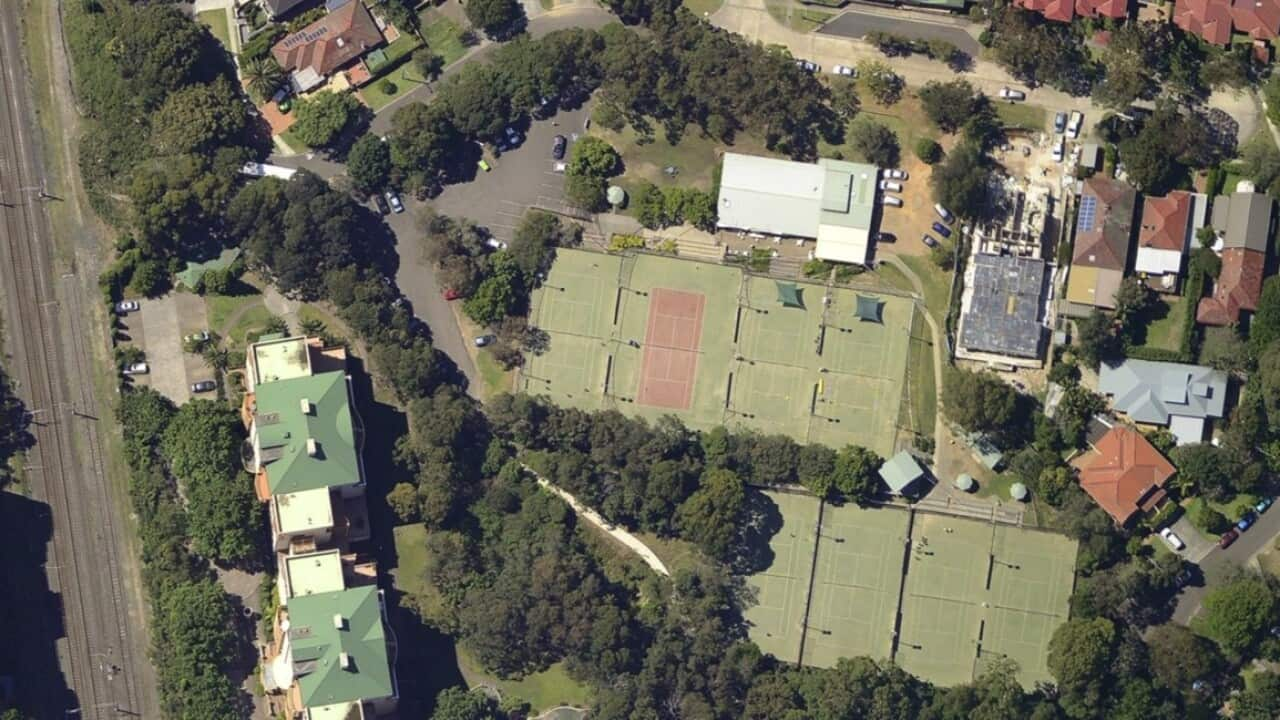Language revival organisation Nēwara Aboriginal Corporation has launched a crowdfunding campaign to buy back land on Anaiwan Country.
The group is looking to raise between $350,00 and $450,000 to purchase around 100 acres of bushland in the Northern Tablelands of New South Wales.
“We want to buy back a plot of our own Country, which sounds a bit ironic,” said Nēwara Board Member Dave Widders.
“As an Anaiwan man, I should have every right to take my kids out on Country, teach them the culture and language that I know so that it doesn't die with my generation.”
Much of Anaiwan Country is currently privately-owned.
Mr Widders said he often comes up against red tape when trying to access public land on Country.
“We wanted access to Mount Duval, which is a very significant place for a lot of Anaiwan people, but we had to go through National Parks and Wildlife, (then) the University of New England… we had to tick these boxes to ask white men for permission to get access to our own Country," Mr Widders said.
“We see farmers, miners and solar farm industries around here making a lot of money out of our land... We don't want to make money, we just want to get access to it." For Nēwara, owning land on Country is about more than financial profit.
For Nēwara, owning land on Country is about more than financial profit.

Anaiwan Elder and Nēwara Board Member Steve Widders. Source: Joy Lai/State Library of NSW
“Having the use of our own land means pride in our identity (and) who we are, and gives us a sense of belonging,” Anaiwan Elder and Nēwara Board Member Steve Widders said.
“I think it's something that's needed, particularly for younger children.
“There are so many children and youth from dysfunctional families and communities who are removed from their culture, and the... more contact (they have) with their culture, the better chance they have of a full recovery, knowing who they are and having pride in where they belong in their identity.”
Last year, 52.9 per cent of young people in custody in New South Wales were Aboriginal or Torres Strait Islander despite representing only 5.3 per cent of the state’s total youth population.
“We can offer alternative ways of dealing with that if we had our own land and support from institutions not to tell us what to do, but to support us in doing it our way,” Mr Steve Widders said.
“We can do it in a culturally relevant and sensitive way that has been proven to work over hundreds of years and thousands of generations.”
The group’s main vision is to use the land to teach Anaiwan language, culture and knowledge.
“We want everyone to reap the benefits of that knowledge, in particular, the Anaiwan people,” Dave Widders said.
“It’s really about being future-focused, teaching people about our history here.”
Steve Widders said sharing culture is what Anaiwan people have always done.
“We've shared it and respected it from other people from other countries for thousands of years… and the more support we get for that, the better it is,” he said. Nēwara’s campaign was inspired by the recent success of several other Aboriginal groups who ran crowdfunding campaigns to buy back land.
Nēwara’s campaign was inspired by the recent success of several other Aboriginal groups who ran crowdfunding campaigns to buy back land.

Anaiwan language learning at Ingleba. Source: Nēwara Aboriginal Corporation
A Central Victorian campaign on Dja Dja Wurrung Country last year managed to raise $150,000 in just eight days.
“It's hard to say what block of land we want to buy, but we want a block of land that reflects Anaiwan Country; a nice creek or a river running through it, some granite Country and just what it looked like naturally here for thousands of years,” Dave Widders said.
Anaiwan Elder Darrell Ahoy said owning land on Country would heal some of the damage caused by colonisation.
“Once we get our block of land, we can do a lot of things like regeneration, fixing up the land. Part of the healing process is looking after Country,” Mr Ahoy said.
“It'd be a big step towards the future and getting our land back.
“Even though we've got to buy it, it's still going to be ours.”










